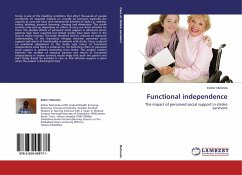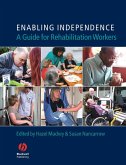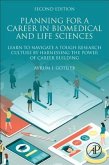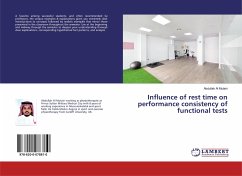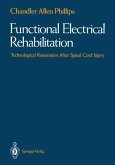Stroke is one of the disabling conditions that affect thousands of people worldwide. Its sequelae impacts on virtually all functions especially the capacity to carry out basic and instrumental activities of daily e.g. mobility, eating, drinking, personal cleansing, dressing and elimination. The stroke survivors may end up depending on others to carry out these activities for them. The positive effects of perceived social support in advanced cancer patients have been reported but limited studies have been done in the area of stroke recovery. This book therefore aims to cultivate an improved understanding of the theoretical linkages between perceived social support and return of functionality in patients with stroke. Focus is placed on emotional adjustment to the stroke and return of functional independence since there is evidence for the buffering effect of perceived social support in patients recovering from stroke. The positive relation between the number of resource persons andreturn of functional independence in stroke survivors would imply that both the patient and their family should be involved in care so that effective support is given when the patient is discharged home
Hinweis: Dieser Artikel kann nur an eine deutsche Lieferadresse ausgeliefert werden.
Hinweis: Dieser Artikel kann nur an eine deutsche Lieferadresse ausgeliefert werden.

